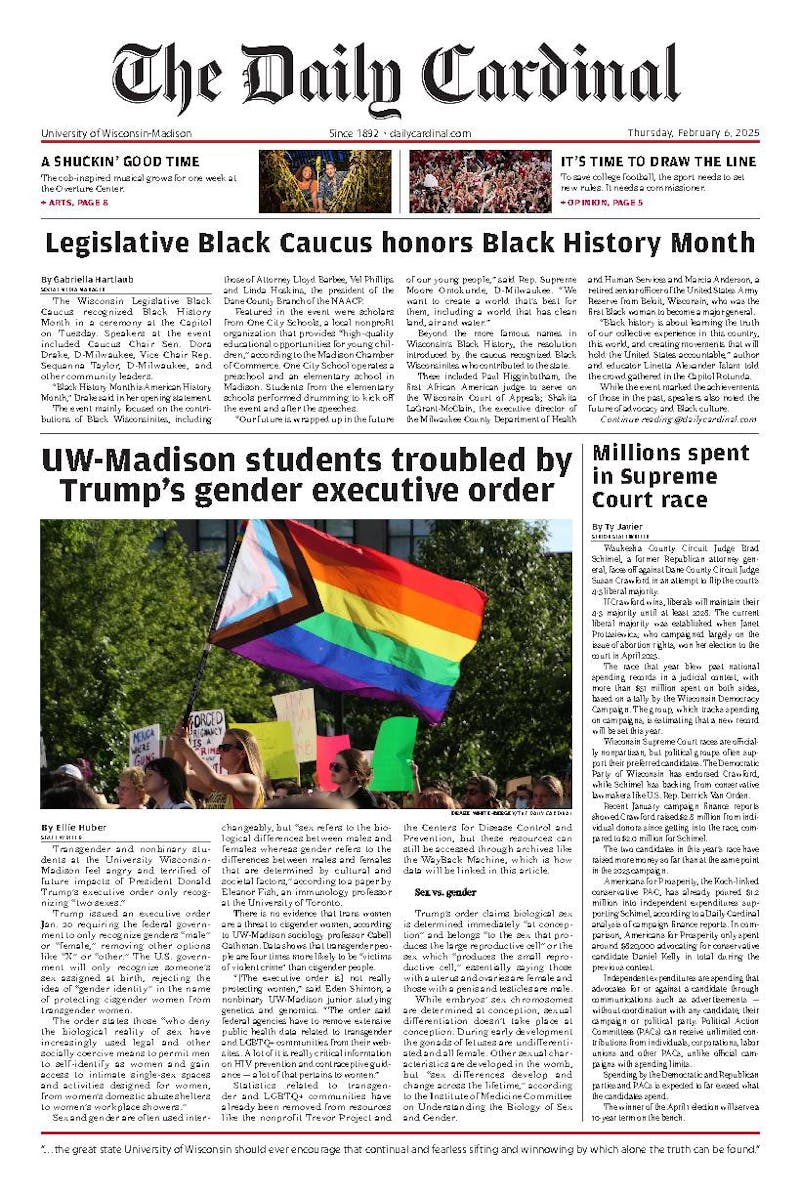Candidates and political groups spent nearly $44 million on the nine state Senate recall elections this past summer, setting multiple records for campaign spending, according to a report released by the nonpartisan Wisconsin Democracy Campaign Tuesday.
Outside groups spent $34.5 million on the campaigns, far more than the $8 million the 26 individual candidates spent. In total, groups funding Democrats outspent Republican groups $24 million to $20 million.
The $44 million spent on the recalls broke the record for legislative election spending, which was just over $20 million for 99 Assembly and 16 Senate races in 2008.
WDC Executive Director Mike McCabe explained ""unprecedented circumstances"" caused ""off-the-chart"" spending never seen before in Wisconsin.
The liberal We Are Wisconsin PAC spent the most at $10.75 million, more than doubling the previous record for campaign spending by a special interest group.
Conservative group Club for Growth Wisconsin declined to release its expenditures, but the WDC estimated they spent the next largest amount at $9 million.
McCabe said while the majority of these PACs had existed long before the summer recalls, they had never engaged in the same level of spending.
The 8th Senate district race between Sen. Alberta Darling, R-River Hills, and Rep. Sandy Pasch, D-Whitefish Bay, was the most expensive race at $10 million. McCabe credited these high numbers to the hotly contested race and expensive media market.
While PACs spent millions to influence the recall elections, it cost local governments $2.1 million to administer them, according to the Wisconsin Government Accountability Board.
In reaction to this figure, state Reps. Robin Vos, R-Rochester, Paul Farrow, R-Pewaukee, and Gary Tauchen, R-Bonduel, circulated a constitutional amendment to reform the recall process.
""We must end what could be a never-ending campaign cycle for state officials who are doing what the voters elected them to do,"" Vos, who requested the estimate from the GAB, said in a statement.
Farrow echoed Vos' concerns, saying, ""Elections do matter, and never should the minority's dissent be allowed to squelch the voice of the majority of voters.""





